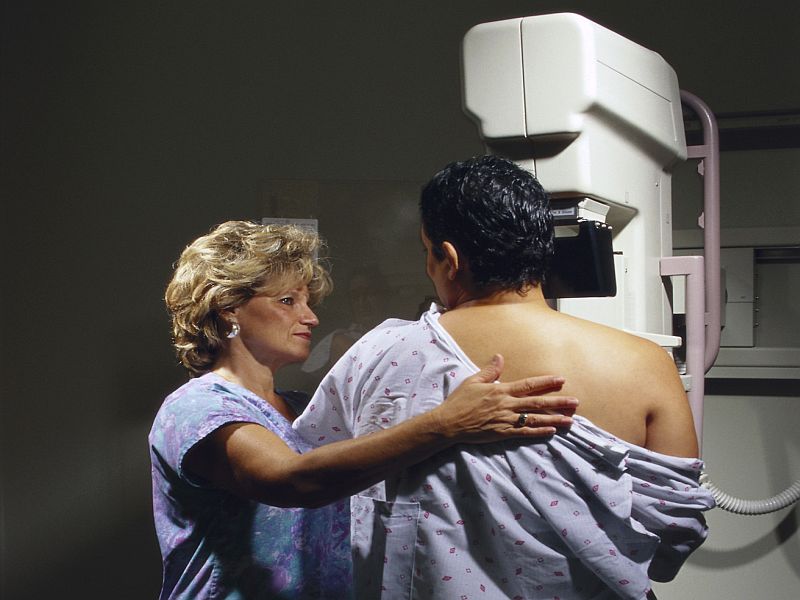Should You Get Tested for the 'Breast Cancer Genes'?

TUESDAY, Feb. 19, 2019 (HealthDay News) -- Women who have specific mutations in genes known as BRCA are at increased risk for breast and ovarian cancers. Now, an influential expert panel reaffirms that certain women should be screened for the genes.
The draft recommendation comes from the U.S. Preventive Services Task Force, whose advisories often guide physician practice and insurance coverage. The guidelines -- which restate a 2013 advisory -- encourage genetic testing only for women with either a family history of breast or ovarian cancer, or an ethnicity or ancestry associated with BRCA1 or BRCA2 mutations.
Women who fall into these categories should receive genetic counseling to help them understand their risk and, if indicated, get genetic testing for BRCA, the recommendation says.
Women without a family history or ethnicity associated with these mutations should not be screened, counseled or tested, the task force says.
The BRCA genes first gained media attention when actor and director Angelina Jolie announced in 2013 that she had undergone a preventive double mastectomy after discovering that she carried one of the BRCA mutations. She later had her ovaries removed, as well. Jolie's mother died from ovarian cancer.
However, the USPSTF panel stressed that the gene tests are not advised for most women.
"BRCA testing is beneficial for the small number of women in the United States who are at increased risk for BRCA1 or BRCA2 mutations," said task force member Dr. Carol Mangione. She is chief of general internal medicine at UCLA's David Geffen School of Medicine.
"The test results are complex and testing comes with some harms, so we recommend women who get tested meet with a licensed genetic counselor who can guide them through the process," Mangione said in a task force news release.
Only a few women have a personal or family history, ethnicity or ancestry associated with a risk for a BRCA mutation, according to the task force.
Current test results also do not definitively tell if a woman has harmful mutations that will lead to cancer. But for some women, testing and counseling will be a guide to their potential risk.
"Women should talk with their primary care clinician if they have questions about their risk for BRCA mutations," said Dr. Douglas Owens, vice chair of the task force, and a professor of medicine at Stanford University.
"This discussion can be part of a routine office visit and is the first step in determining if counseling and testing are needed," he said.
More information
The U.S. National Cancer Institute offers more details about BRCA mutations.

The news stories provided in Health News and our Health-E News Newsletter are a service of the nationally syndicated HealthDay® news and information company. Stories refer to national trends and breaking health news, and are not necessarily indicative of or always supported by our facility and providers. This information is provided for informational and educational purposes only, and is not intended to be a substitute for medical advice, diagnosis, or treatment.

